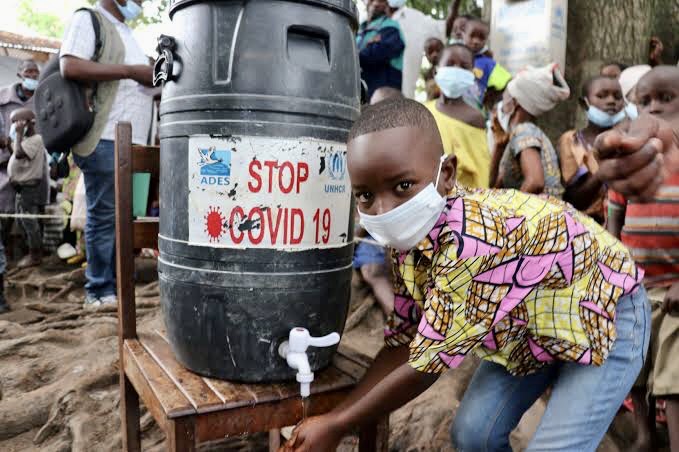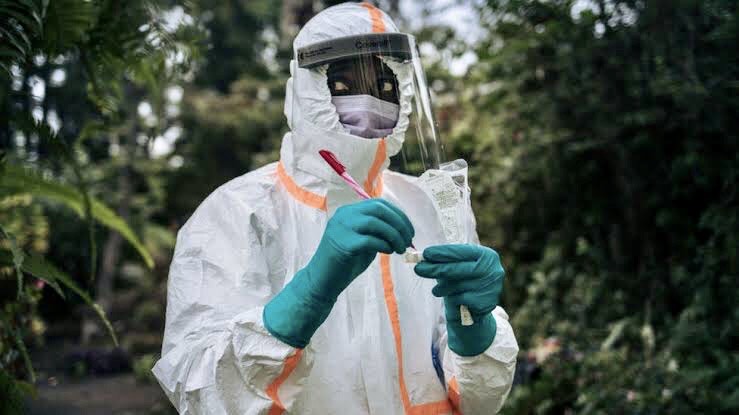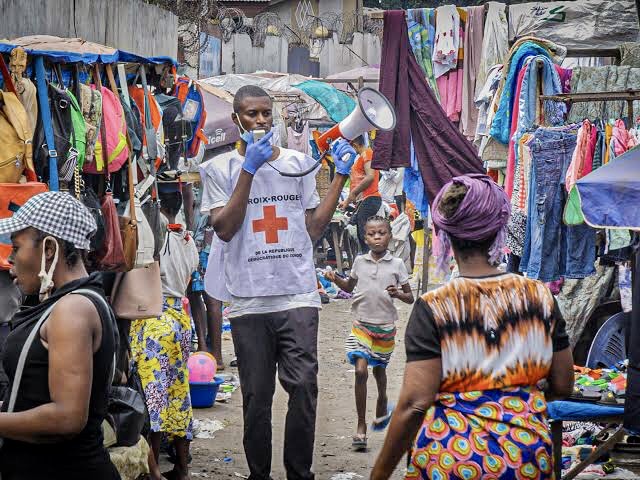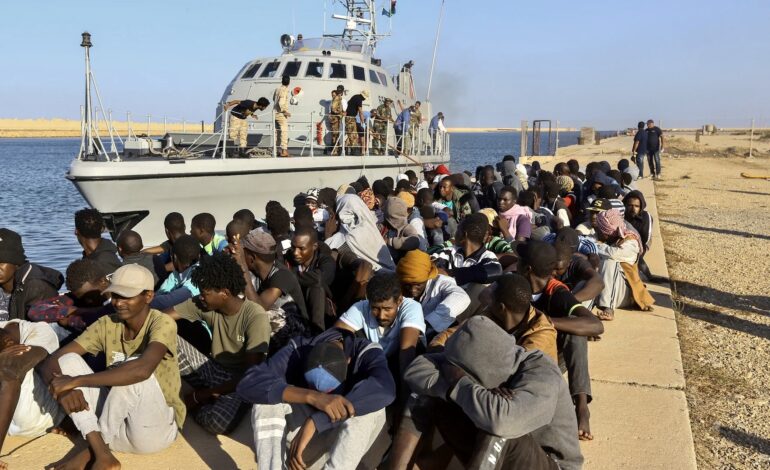
By Faith Nyasuguta
Researchers in the Democratic Republic of Congo have said that missing money, opaque pay practices and poor management impede the coronavirus response in the nation.
Based in New York University, the Congo Research Group says that many new committees that were established cost more money but failed to solve the problems.
The group reports that just only $6m of the $363m Covid funding awarded by the International Monetary Fund in 2020 has been accounted for publicly.
Congo is among the 50 nations across the world that has failed to fully vaccinate 10 per cent of their population against Covid-19 in a target set by the World Health Organization (WHO).
Approximations reveal that some 0.1 per cent of the nation’s 9 million people have had the jab.

In Congo, over 57,000 people have tested positive for the Covid-19 with 1,086 of them having succumbed, according to the WHO.
Challenges facing the Congo health sector include its reliance on the often criticized Covax scheme and an underfunded health system already affected by concurrent outbreaks of measles, Ebola, and cholera.
The researchers have also named the widespread mistrust of the authorities, and conflict between the government and armed groups in the country’s east as major challenges.
The critics further say that another major issue is Congo’s endemic corruption.
In recent years two former health ministers have been nabbed over corruption allegations- one is currently serving a five-year jail term, as the other is free on bail after denying the accusations.
Lessons on the management of health funds are yet to be learned from previous failures, the Congo Research Group says.
It adds that at least $240,000 has gone missing in the purchase of ambulances and vehicles for the health ministry’s Covid response.
The study has also quoted a state oversight body, the Inspection Générale des Finances, as revealing that one hospital in Kinshasa could not under any circumstance justify a recent invoice of $2.9m for the care of just 266 coronavirus patients.

Researchers have also indicated that the health ministry took advantage of emergency situations and international funding “to pay bonuses to staff who are not normally well paid”.
Their report reveals that the health ministry declined to reveal how many staffers it had or how much it had paid out in bonuses.
The Congo Research Group says that “Ad hoc structures” put in place by the Congolese government in response to the pandemic – including a “multisectoral committee”, a “technical secretariat”, advisory council, presidential taskforce and a national solidarity fund against the coronavirus – have raised budgets but failed to solve pre-existing problems.
It details these problems as poor management of human and financial resources, poor circulation of information, rivalries between the various groups.
The group further says that the problems have resulted in “poor patient care and demotivated health workers”.





